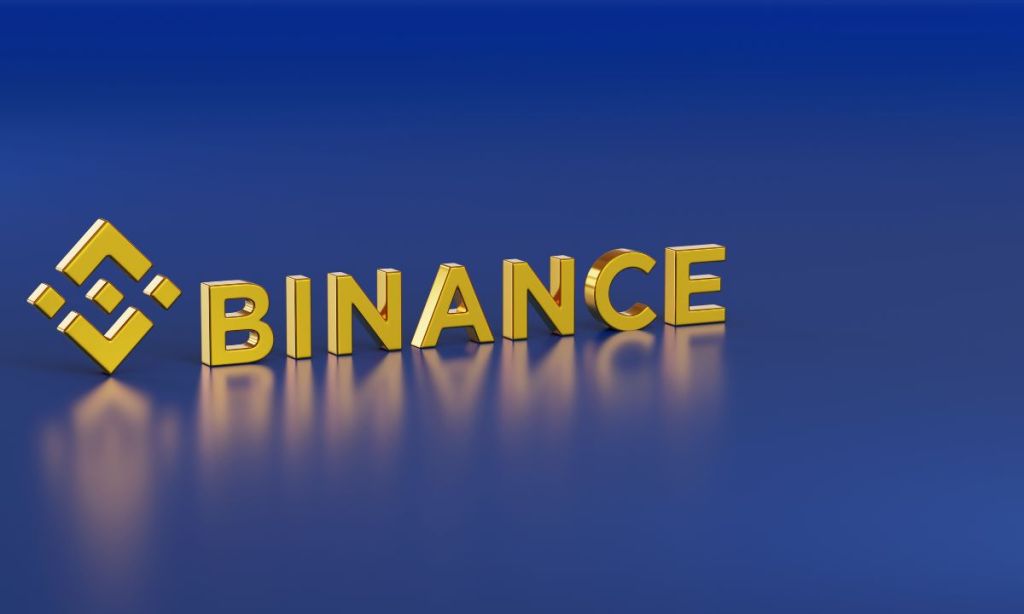The rise of decentralized finance (DeFi) has been nothing short of revolutionary in the world of blockchain and cryptocurrencies. As DeFi projects continue to gain popularity, blockchain networks are racing to provide scalable and efficient platforms to support these decentralized applications. One such platform that has emerged as a major contender is Binance Smart Chain (BSC). In this blog post, we will explore what Binance Smart Chain is, its key features, advantages, and its role in the broader DeFi ecosystem.
What is Binance Smart Chain?
Binance Smart Chain, launched in September 2020, is a parallel blockchain to Binance Chain, created by Binance, one of the world’s leading cryptocurrency exchanges. While Binance Chain primarily focuses on high-speed trading and transfer of digital assets, BSC was developed to cater to the rapidly growing DeFi sector.
BSC utilizes a dual-chain architecture, consisting of both the Binance Chain and the Smart Chain. This allows it to offer high transaction throughput, low fees, and quick confirmation times, making it an attractive choice for DeFi developers and users alike.
Key Features of Binance Smart Chain
- EVM Compatibility: Binance Smart Chain is fully compatible with the Ethereum Virtual Machine (EVM), which means developers can easily port their existing Ethereum-based smart contracts to BSC with minimal modifications. This compatibility has played a significant role in attracting a vast number of DeFi projects to the platform.
- High Scalability: BSC employs a Proof-of-Stake (PoS) consensus mechanism that allows for faster block times and higher transaction throughput compared to traditional Proof-of-Work (PoW) blockchains. This scalability ensures that BSC can handle a large number of transactions at any given time, without compromising on efficiency.
- Low Transaction Fees: One of the most appealing aspects of Binance Smart Chain is its low transaction fees. This is achieved by using a dual-chain architecture, which separates the transaction processing from smart contract execution, significantly reducing gas costs.
- Native Token – BNB: Binance Coin (BNB) is the native cryptocurrency of both Binance Chain and Binance Smart Chain. It plays a vital role in the ecosystem, being used for transaction fees, staking, and participation in DeFi protocols on the platform.
Advantages of Binance Smart Chain
- DeFi Prowess: Binance Smart Chain has emerged as a major hub for DeFi projects, hosting a wide array of decentralized exchanges (DEXs), lending platforms, yield farming protocols, and more. Its EVM compatibility and low fees have made it an attractive choice for DeFi developers and users looking for a more cost-effective alternative to Ethereum.
- Interoperability: BSC’s compatibility with Binance Chain and EVM allows for seamless cross-chain transfers and interactions. This interoperability opens up numerous opportunities for DeFi protocols and enhances the overall user experience.
- Strong Community and Support: With the backing of Binance, one of the largest and most influential cryptocurrency exchanges in the world, Binance Smart Chain has garnered a robust community and strong developer support. This has accelerated the platform’s growth and adoption.
Conclusion
Binance Smart Chain has quickly established itself as a formidable player in the DeFi landscape, thanks to its impressive scalability, low fees, and seamless compatibility with Ethereum. As the DeFi space continues to evolve, BSC’s presence is likely to grow, attracting more projects and users seeking a cost-effective and efficient platform for their decentralized applications. However, users should always exercise caution and do their due diligence while engaging with any DeFi project, as the space can be prone to risks and vulnerabilities.








